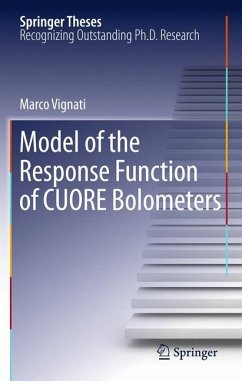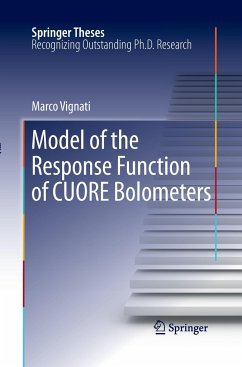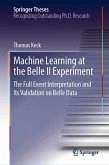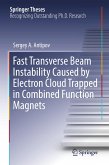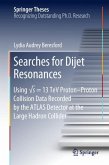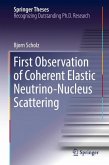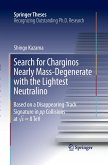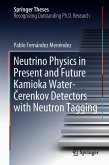Large mass bolometers are used in particle physics experiments to search for rare processes, like neutrinoless double beta decay and dark matter interactions.
In the next years the CUORE experiment (a 1 Ton detector composed by 1000 crystals of TeO2 operated as bolometers in a large cryostat at 10mK) will be the particle physics experiment with the highest chance of discovering the Majorana neutrino, a long standing and yet fundamental question of particle physics.
The study presented in this book was performed on the bolometers of the CUORE experiment. The response function of these detectors is not linear in the energy range of interest, and it changes with the operating temperature, worsening the performances. The nonlinearity appeared to be dominated by the thermistor and the biasing circuit used to read the bolometer, and was modeled using few measurable parameters.
A method to obtain a linear response is the result of this work. It allows a great improvement of the detector operation and data analysis.
With a foreword by Fernando Ferroni.
In the next years the CUORE experiment (a 1 Ton detector composed by 1000 crystals of TeO2 operated as bolometers in a large cryostat at 10mK) will be the particle physics experiment with the highest chance of discovering the Majorana neutrino, a long standing and yet fundamental question of particle physics.
The study presented in this book was performed on the bolometers of the CUORE experiment. The response function of these detectors is not linear in the energy range of interest, and it changes with the operating temperature, worsening the performances. The nonlinearity appeared to be dominated by the thermistor and the biasing circuit used to read the bolometer, and was modeled using few measurable parameters.
A method to obtain a linear response is the result of this work. It allows a great improvement of the detector operation and data analysis.
With a foreword by Fernando Ferroni.

